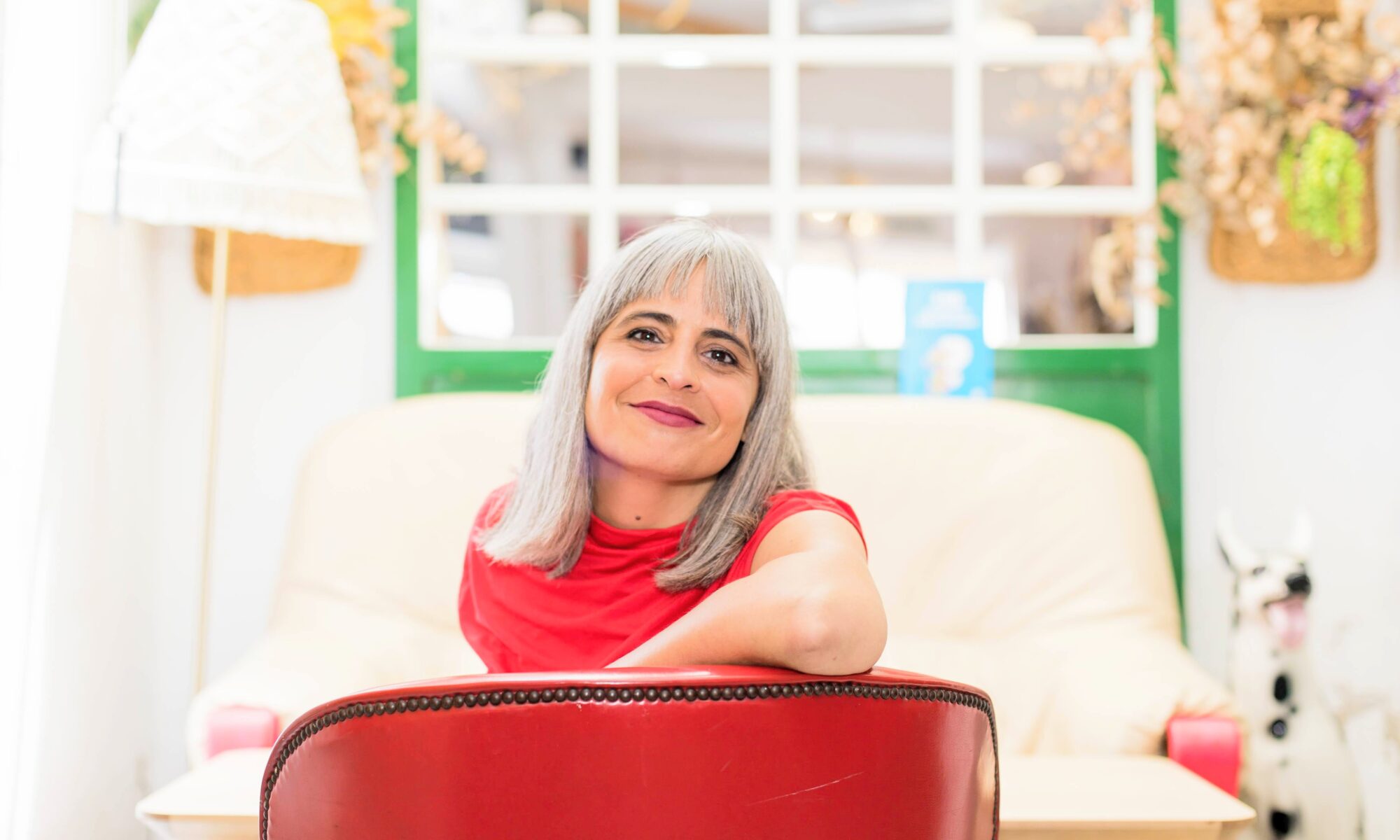
The key to the change we need lies in care. To end the suffering of the population and build a better world, we could start by teaching the values of the Culture of Non-Violence, Ethical Love, and the Philosophy of Care in schools.
Learning to care for myself, my home, and the spaces I inhabit, caring for my loved ones, caring for nature, and caring for the planet: it's a simple formula to improve our ways of relating and organizing.
The pandemic of suicides and mental illnesses demonstrates the urgent need for tools to halt self-destruction and curb the violence we exert against ourselves, among us, and against other living beings and the planet.
It's time to learn how to take care of ourselves and our relationships: we have the right to live a good life and dream of a better world. And Coeducation based on the values of ecofeminism and pacifism is a powerful tool to initiate the changes we need.
The modules of this subject would be:
- Taking Care of Myself:
- Learning sexual and emotional education.
- Learning to build a beautiful relationship with myself, learning to love and treat myself well.
- Learning to listen to myself and have confidence in myself.
- Strengthening my self-esteem.
- Controlling my ego and cultivating humility.
- Learning to care for my words and the way I speak to myself and others.
- Learning to manage my emotions so they don't overwhelm me or others.
- Acquiring tools to know myself better and appreciate my abilities and qualities.
- Working on aspects of myself that I don't like, things that make me suffer and cause suffering to others.
- Learning to practice loving self-critique and working to become a better person.
- Learning to take care of my mental and emotional health.
- Learning to take care of my sexual health and enjoy my relationships.
- Learning to value my life and take care of my health: basic knowledge of hygiene, nutrition, and well-being.
- Learning to be responsible for my well-being and happiness.
- Learning my fundamental Human Rights, as well as those of others.
- Learning to be loyal to myself.
2.Taking Care of Others:
- Learning the arts of assertiveness and Nonviolent Communication.
- Learning to think about the Common Good.
- Understanding human relationship structures and power hierarchies to change how I relate to others.
- Learning to use my own power and understanding how others use theirs.
- Learning to cooperate and build networks of mutual support.
- Developing empathy, solidarity, and companionship.
- Unlearning the notion of deriving enjoyment from causing suffering to others.
- Learning to relate with respect and kindness.
- Analysis and deconstruction of individualism values (selfishness, narcissism, etc.).
- Reflecting on suffering, evil, and cruelty.
- Unlearning values of accumulation and hoarding.
- Learning to share and work as a team.
- Learning to forge alliances and networks of mutual support.
- Learning to resolve conflicts without resorting to violence.
- Training to become aware of the impact our words, desires, thoughts, and actions have on others.
- Imagining alternative ways of relating and loving, free from suffering and exploitation.
- Advocating for our right and the right of others to enjoy a good life.
- Taking care of the elderly and children, taking care of the most vulnerable people and animals.
- Taking care of my partner.
- Taking care of my caregivers.
- Taking care of my pets and plants.
3. Taking Care of My Home and the Spaces We Inhabit, and Caring for My Planet:
- Learning basic tasks for survival (hygiene and cleanliness, nutrition, physical, mental, and emotional health).
- Embracing my responsibility as a citizen for building a better world.
- Learning to enjoy and care for nature, and understanding the delicate balance of our ecosystem.
- Developing immunity against intolerance, socially transmitted diseases, and phobias.
- Learning to value the biological and cultural diversity of our planet.
- Imagining alternative ways of interacting with the planet and the other living beings that inhabit it.
- Envisioning alternative ways of nourishing ourselves, producing, and relating.
- Imagining alternative models of social, political, economic, sexual, and emotional organization.
- Dreaming of other worlds and investigating with the tools of science to bring them into reality.
In this subject, the main cross-cutting theme would be Human Rights, social movements, and universal principles of social justice, freedom, peace, solidarity, care, and love.
At a theoretical level, these cross-cutting themes would be addressed:
- Theory of culture and media: techniques of reality construction and mass manipulation.
- Feminist theory and history of the women's liberation movement.
- Ecological theory and the environmental movement.
- Pacifist and antimilitarist theory and movement.
- Studies of masculinities, anti-racism, diversity, and culture of non-violence.
Throughout the course, students will have the opportunity to engage with significant questions of Humanity and imagine alternatives to the current system:
- Is life a common phenomenon in the Cosmos? Are there other civilizations, or are we completely alone in an immense and vast Universe?
- Why is life on our planet threatened, and why are we destroying it despite knowing the consequences?
- Given the knowledge and necessary skills to save ourselves, why aren't we already doing it?
- How can we eliminate inequality and hierarchies?
- How can we put an end to violence and wars?
- How do we distribute resources among everyone to eliminate poverty, exploitation, and suffering?
- How can we ensure that we all live better lives than we do now?
- How do we improve communication, care, and love for one another?
This subject blends the personal with the political: its aim is to equip students with the ability to think about the Common Good and the Community of human beings on this planet. It aims to develop their capacity for critical thinking, provide them with tools to decipher the underlying ideology in the messages they receive through media and cultural productions, encourage the blossoming of their imagination, acquire basic values for building good relationships, and work towards a better world.
When the first generation receives these teachings and embraces these values, they will be able to educate their children without violence and help them develop their own tools for self-care and caring for others.
We have the right to demand that governments provide us with an ecofeminist and pacifist education, based on the ethics of love and the philosophy of care, because the future of humanity depends on our ability to care for the planet and think about the Common Good.
The revolution of love starts in schools and universities: we simply need to teach the new generations how to create their own tools to contribute to the construction of a better world.
Coral Herrera Gómez
Original en español: La Ética del Amor y la Filosofía de los Cuidados


